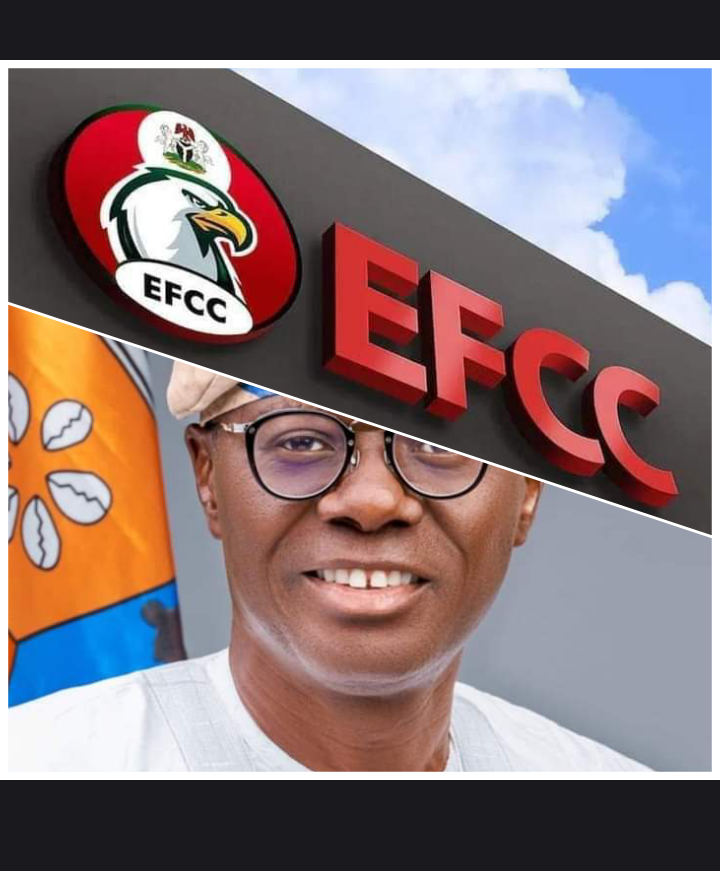Lagos Govt In Supreme Court Against EFCC Over Establishment Of Anti-corruption Agency - Attorney-General
The Lagos State Government has disclosed that it has an ongoing case with the Economic and Financial Crimes Commission (EFCC) at the Supreme Court, hence its decision not to join other States in their lawsuit against the EFCC, Independent Corrupt Practices and Other Related Offenses Commission (ICPC) and Nigerian Financial Intelligence Unit (NFIU)
Addressing journalists on Wednesday, during a two-day Strategic Management meeting with ministries, departments, agencies, and stakeholders, the Lagos Attorney-General and Commissioner for Justice, Mr Lawal Pedro (SAN), said that after the Lagos State House of Assembly passed a law to establish a state anti-corruption agency, the EFCC, through the Office of the Attorney-General of the Federation, took the state to the Supreme Court.
Pedro explained that joining the new suit alongside other states would constitute an abuse of court process, as the matter between the EFCC and Lagos State is already under consideration by the court.
“My response to the question about why Lagos State did not join other claimant states challenging the EFCC is that Lagos had enacted a law on public complaints and set up an anti-corruption agency to tackle corruption in the state,” Pedro said.
“However, the EFCC, through the AGF, challenged this law in the Supreme Court. Joining the new suit would, therefore, amount to an abuse of court process.”
Pedro noted that the case filed by the AGF has delayed the operations of the Lagos anti-corruption agency, adding that they expect the Supreme Court to fix a date for the matter soon.
“The EFCC, police, and other agencies can investigate corruption cases, but when it comes to prosecution, the Attorney-General of the state holds the power to prosecute state offences.
“Any agency prosecuting state offences does so on behalf of the Attorney-General, under the presumption that they have the fiat of the Attorney-General to act,” he said.
Pedro also dismissed speculations that Lagos’ refusal to join the suit was influenced by President Bola Tinubu’s Lagos origin.
“I’ve been asked if Lagos didn’t join because the President is from here, and I say no, that’s not the case. We already have a pending case for the Supreme Court to decide,” he clarified.
He further mentioned that Lagos State enjoys a collaborative relationship with the EFCC and that even when state offences are prosecuted, they are done on behalf of the Attorney-General.
“The Attorney-General has the constitutional power to take over or discontinue any case in the interest of justice and public interest,” he added.



